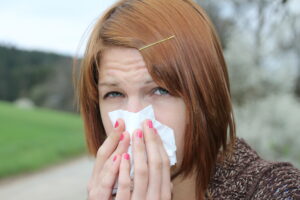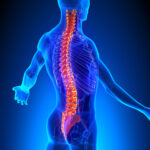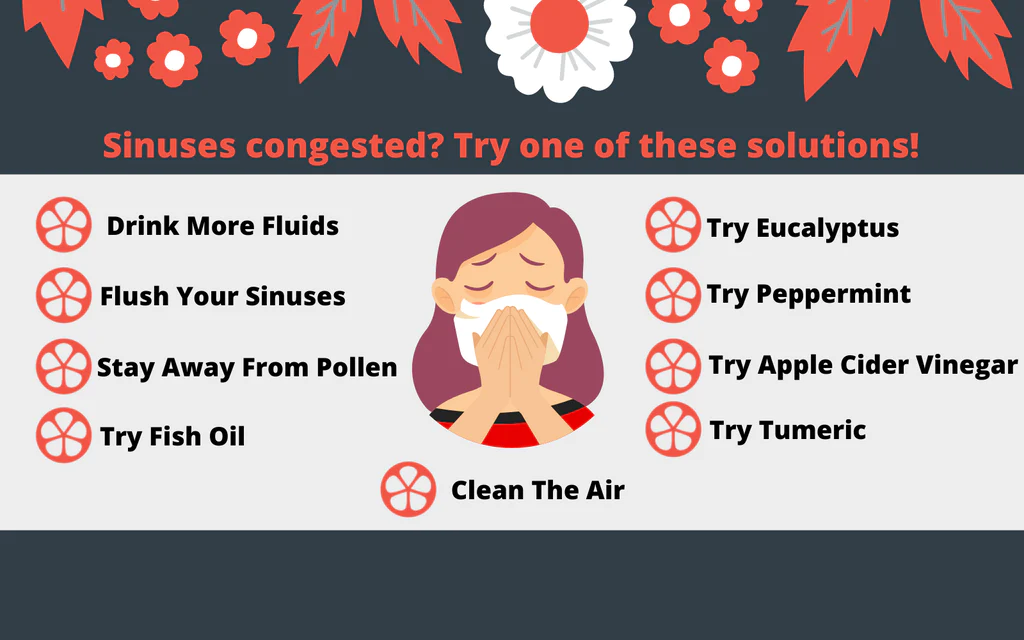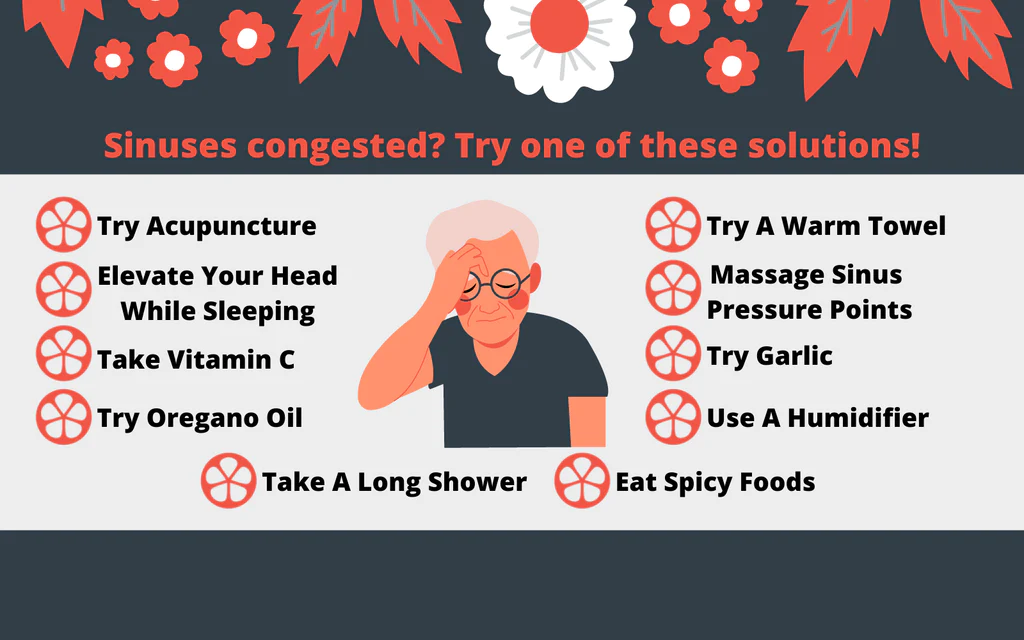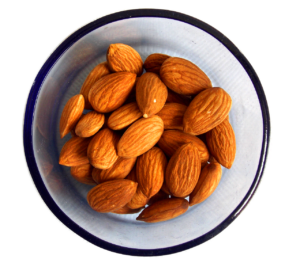 For many people, chiropractic care conjures up images of spinal adjustments for back pain relief.
For many people, chiropractic care conjures up images of spinal adjustments for back pain relief.
While that’s certainly a core strength of chiropractic, recent advancements in the field are revealing its potential to address a wider range of health concerns.
Here are some exciting developments on how chiropractic can support our overall health and well-being.
Integration with Traditional Medicine
The walls between chiropractic and traditional medicine are thinning. A 2021 study from the Boston Medical Center Family Practice Journal found that over 70% of medical doctors in Canada reported collaborating with chiropractors for patient care. This collaborative approach allows for a wider treatment plan with more options, potentially reducing reliance on medications and improving long-term health outcomes.
Headaches and Migraines
Chronic headaches and migraines are a significant burden for many. A 2019 study published in the Journal of Headache and Pain found that chiropractic care was as effective as medication in reducing headache frequency. This offers a drug-free option for those seeking relief.
Improved Sleep Quality
A 2010 article in the Journal of Chiropractic Medicine offers some news for those having trouble getting a good night’s rest. The article reports on studies that have found improvements in insomnia following hands-on chiropractic therapy. This is great news as better sleep can definitely have a ripple effect on a person’s overall health and well-being.
Enhanced Athletic Performance
Athletes that push their bodies can often experience aches and pains. A 2019 Research Gate review concluded that: “The use of chiropractic in sports can improve performance and reduce injury times in medical rehabilitation. Chiropractic in sports is therefore quite efficient.”
Chiropractors Working Alongside Nutritionists
Chiropractic care can be a valuable addition to a person’s overall health and wellness strategy. When combined with a balanced diet, it can lead to significant improvements in health. A chiropractor and nutritionist can work together to create a personalized plan that addresses a person’s unique needs.
For instance, a focus on anti-inflammatory foods can complement and enhance chiropractic care for pain management, immunity, heart health, and other benefits. Some of these foods include berries, nuts, broccoli, salmon, sardines, cooked vegetables, olive oil and leafy greens.
Real-World Examples
Imagine Sarah, a busy marketing professional who suffers from frequent headaches and neck pain. Chiropractic adjustments, combined with ergonomic workstation adjustments, could help improve her posture, reduce nerve irritation, and alleviate her headaches.
For John, an avid runner experiencing leg pain, chiropractic care could address joint misalignments, improve flexibility, and potentially enhance his running performance.
Summary
Chiropractic care is evolving beyond its traditional roots. Research suggests it can be a valuable tool for managing a variety of health concerns while promoting overall health and well-being. If you’re looking for a drug-free, natural, and effective approach to greater health, consider chiropractic care in combination with good nutrition.
This health news is shared by Nutrition Breakthroughs, maker of the original calcium and magnesium based sleep remedy Sleep Minerals II, and Joints and More, a natural supplement for joint relief, less aches and pains, stronger hair and nails, and more energy.

